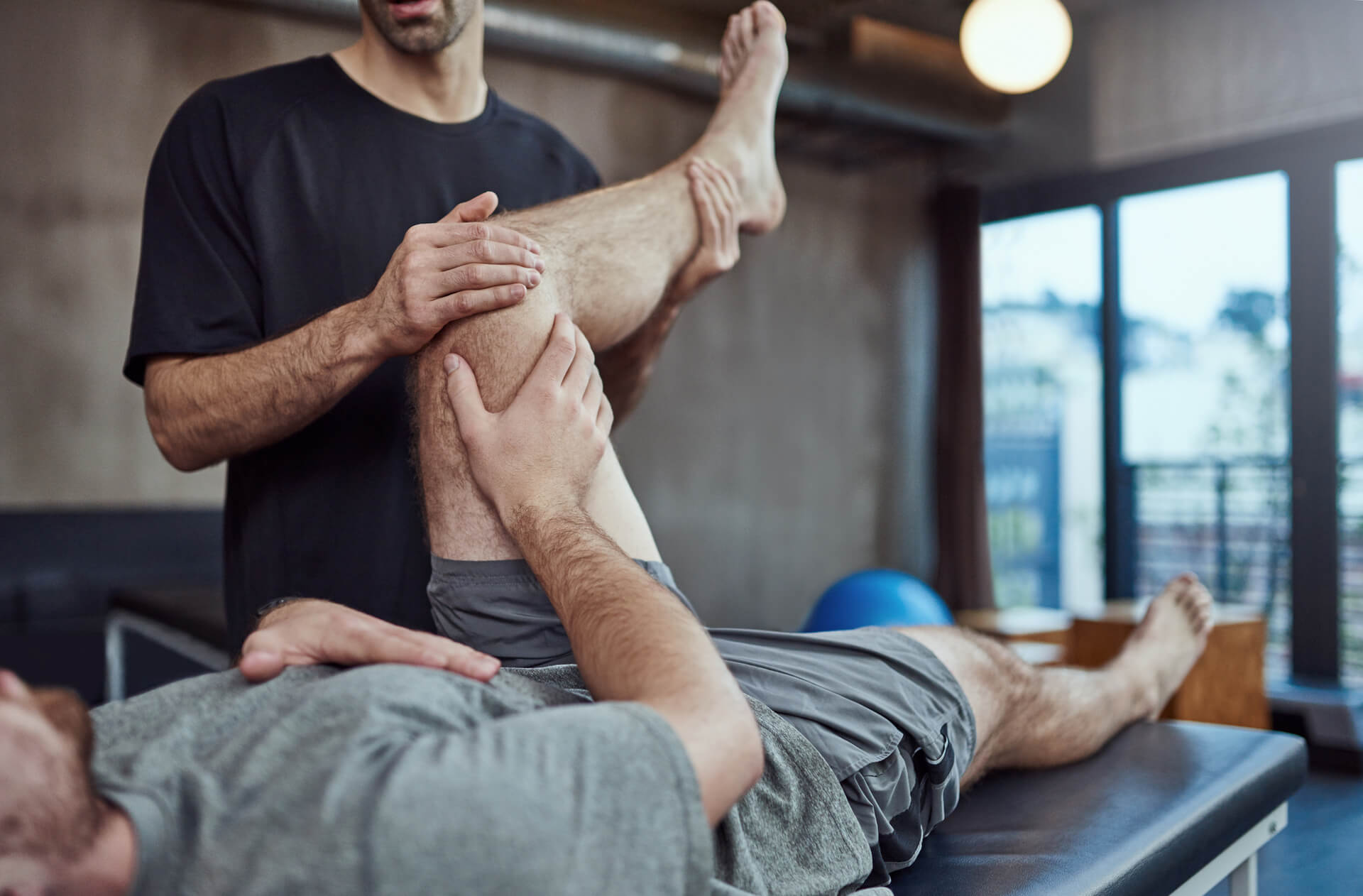With the AFL Grand Final over for another year and the NRL season about to reach its conclusion, it’s clear the winter sports season is wrapping up.
At this time, many athletes find themselves nursing injuries or looking to maintain their fitness during the off-season.
Whether you’re dealing with a sprain, strain, or more serious injury, proper rehabilitation and off-season training are crucial for a successful return to your sport.
Here’s a comprehensive guide from a physiotherapy perspective to help you navigate this period effectively.
Rehabilitating current injuries
- Assessment and diagnosis: The first step in rehabilitation is a thorough assessment by a physiotherapist. Understanding the extent and nature of your injury is crucial for developing an effective treatment plan. This might include imaging studies like X-rays or MRIs if necessary.
- Rest and recovery: Allowing your body time to heal is essential. This doesn’t mean complete inactivity but rather modifying your activities to avoid aggravating the injury. For example, if you have a knee injury, you might focus on upper body exercises while your knee heals.
- Physical therapy exercises: Your physiotherapist will prescribe specific exercises to strengthen the injured area and improve flexibility. These exercises are designed to gradually restore function and prevent future injuries. Consistency is key, so make sure to follow your therapist’s recommendations closely.
- Manual therapy: Techniques such as massage, mobilisation, and manipulation can help reduce pain and improve mobility. These hands-on treatments are often used in conjunction with exercise therapy to enhance recovery.
Avoiding injuries in the off-season
- Cross-training: Engaging in different types of physical activities can help balance muscle development and reduce the risk of overuse injuries. For example, if you’re a footballer, incorporating swimming or cycling can be beneficial.
- Strength training: Building overall strength, particularly in the core and stabilising muscles, can help prevent injuries. Focus on exercises that enhance your balance and stability, which are crucial for most sports. Make time for a regular strengthening workout.
- Flexibility and mobility: Regular stretching and mobility exercises can keep your muscles and joints flexible, reducing the risk of strains and sprains. Yoga and Pilates are excellent options for improving flexibility.
- Proper nutrition and hydration: Maintaining a balanced diet and staying hydrated are essential for muscle recovery and overall health. Ensure you’re getting enough protein, vitamins, and minerals to support your training.
- Rest and recovery: Incorporate rest days into your training schedule to allow your body to recover. Overtraining can lead to injuries, so it’s important to listen to your body and give it the rest it needs.
5 keys way to stay fit during the off-season
- Set goals: Establish clear, achievable goals for your off-season training. This could be improving your strength, increasing your endurance, or mastering a new skill.
- Create a routine: Develop a structured training plan that includes a mix of cardiovascular, strength, and flexibility exercises. Consistency is key to maintaining fitness.
- Stay active: Find activities you enjoy to keep yourself motivated. This could be hiking, swimming, or even playing a different sport.
- Monitor progress: Keep track of your workouts and progress. This can help you stay motivated and make adjustments to your training plan as needed.
- Seek professional guidance: Working with a coach or physiotherapist can help ensure you’re training effectively and safely. They can provide personalised advice and adjustments to your program.
Returning to sport-specific skills
- Gradual progression: Start with basic skills and gradually increase the intensity and complexity of your training. This helps your body adapt and reduces the risk of re-injury.
- Sport-specific drills: Incorporate drills that mimic the movements and demands of your sport. This helps improve your performance and prepares your body for the specific challenges of your sport.
- Strength and conditioning: Continue with strength and conditioning exercises that support your sport-specific skills. This helps build the necessary strength and endurance for your sport.
- Mental preparation: Mental readiness is just as important as physical readiness. Visualisation techniques and mental rehearsal can help you prepare for the upcoming season.
- Regular check-ins: Schedule regular check-ins with your physiotherapist to monitor your progress and make any necessary adjustments to your training plan.
By following these guidelines, you can effectively rehabilitate current injuries, stay fit during the off-season, and return to your sport stronger and more prepared.
Remember, the key to a successful return is a balanced approach that includes rest, recovery, and consistent training.
Stay proactive about your health, and you’ll be ready to tackle the next season with confidence.

